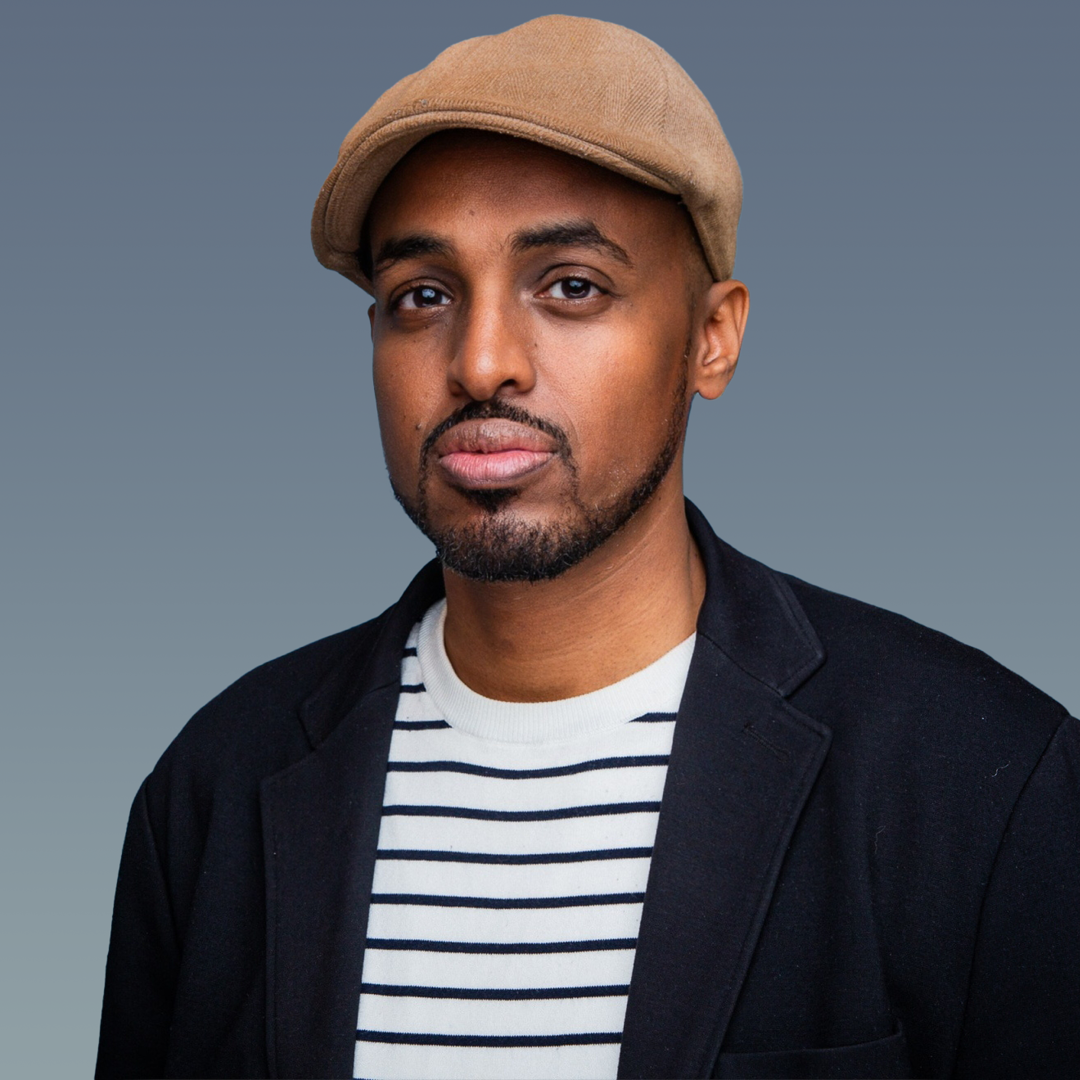Healing from Trauma: Unlocking Somalia's Potential
In conflict zones, young people are the most vulnerable to violence, poverty, and displacement. After decades of civil war and instability, Somali youth have grown up surrounded by hardship. Nearly 76% of the population is estimated to suffer from a mental disorder, an invisible wound that hinders their ability to learn, work, and build peaceful futures.
In a country with only one psychiatrist for every 3.5 million people, most youth are left to fend for themselves.
Born in Mogadishu and forced to flee to the US as a child, Mohamed Ali Diini returned to Somalia with a bold vision: to help heal his homeland from within. He first launched Iftin Global (formerly Iftiin Foundation) as an entrepreneurship training program, but quickly realized that trauma was the greatest obstacle to young people’s success. Many participants struggled to focus, retain new skills, or keep jobs. And it became clear to him that mental health support wasn’t optional; it was essential for his nation’s future prosperity.

In response, Mohamed positioned his enterprise at the intersection of mental health, economic resilience, and community rebuilding. Using a three-part Eco-Social Model, Iftin addresses economic marginalization, mental health crises, and community fragmentation together.
At 9, Mohamed and his family flees the Somali civil war to the US
At 25, Mohamed returns to Somalia on a State Department fellowship and chooses to stay to help rebuild
2013, Named a New Voices Fellow at the Aspen Institute
2017, Survives a terrorist attack that kills many
2025 McNulty Prize Winner
My vision is to take our model that centers healing in economic development to the 2 billion other people who are living in conflict zones.
Through this holistic approach, Iftin has reached 300,000 people across Somalia by adding nearly 200 professionals to the nation’s first mental health workforce — transforming individual lives and entire communities. By integrating mental health services directly into schools, families, and local economies, the model works at every level, from individual healing to systemic change.
A flagship radio education program reaches even the most remote communities, breaking down stigma and encouraging people to seek help.
70%
of the population is under 30 and 2/3 are unemployed in Somalia
300,000+
people reached through programming
100,000+
people served by forming Somalia’s first mental health workforce
Through Iftin, Mohamed has built Somalia’s first scalable online mental health training platform, community-based support networks, and cross-clan business cooperatives. By linking mental health support with economic opportunities, they reduce job turnover, boost business survival rates, and strengthen long-term mental health outcomes.
In a country that remains divided along clan lines, initiatives like cross-clan cooperatives have fostered peacebuilding and signaled a future beyond conflict. And in addition to strengthening local economies, Iftin has created sustainable jobs for former combatants who were once the hardest to reintegrate.
With Iftin now recognized as a model for conflict-affected regions worldwide, Mohamed and his team aim to reach the 2 billion people living in fragile and conflict-affected areas, helping communities heal, reconnect, and build resilience.
Participants benefit from higher job retention, while businesses see greater survival rates.
Mohamed has grown into a trusted mentor for Somali youth.